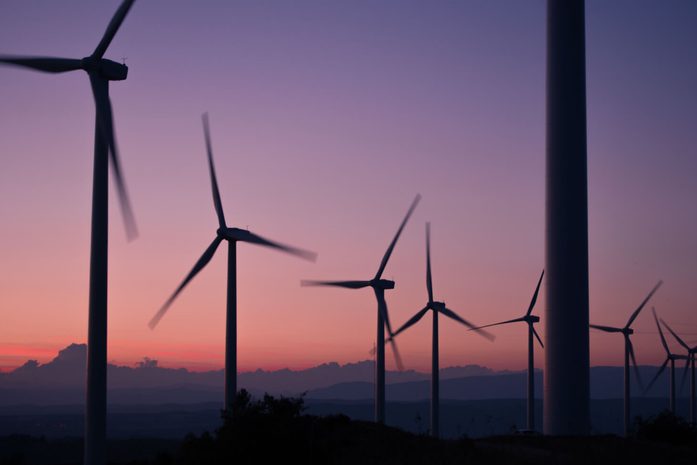
Ebba Perman Borg
Partner
Stockholm
Newsletter
Published:
The set of emergency measures is a response to the urgent priority of shielding EU consumers and industry from higher energy prices this winter and represents a further step of the Commission's work on price mitigation tools, which started last October and continued over the past year. For a summary of the European Commission's proposal, please see our newsletter from 5 October 2022.
In short, the Regulation includes the following measures.
The Regulation includes an obligation for the Member States to identify the hours with the highest expected price and reduce electricity consumption by at least 5 percent during those peak price hours from 1 December 2022 until 31 March 2023. The Member States should also aim to reduce their total monthly gross electricity consumption by at least 10 percent between 1 November 2022 and 31 March 2023.
The Regulation also includes a temporary revenue cap at EUR 180 per MWh on “inframarginal” electricity producers, i.e., technologies with lower costs, such as renewables, nuclear and lignite. These producers have had exceptional revenues, with relatively stable operational costs. Revenues above the cap will be collected by Member State governments and used to financially support energy consumers. The revenue cap shall apply from 1 December 2022 to 30 June 2023.
The Commission has committed to carry out a review by 30 April 2023, taking into account the electricity supply situation and electricity prices across the EU, and present a report on the main findings of that review to the Council.
On 12 December 2022, the Swedish Government published a a proposal to implement new rules so that the Regulation can be applied in Sweden, proposed to enter into force and apply as of 1 March 2023. Please see our newsletter on Proposal regarding temporary revenue cap on electricity for more information regarding the Swedish proposal.
The Regulation includes a temporary solidarity contribution on excess profits generated from activities in the oil, gas, coal and refinery sectors which are not covered by the inframarginal revenue cap mentioned above. The contribution shall be collected by Member States on profits in 2022 and/or 2023 which exceed a 20 percent increase on the average profits of the previous three years. The revenues should be redirected to energy consumers and energy-intensive industries.
Further, Member States shall only apply the rules on solidarity contribution if no corresponding national measures have been taken before 31 December 2022. The Swedish Government decided on 21 December 2022 to adopt a temporary so-called windfall tax for certain companies, which corresponds to the temporary solidarity contribution. Please see our newsletter on Resolution regarding Swedish windfall tax on fossil fuel producers for more information.
